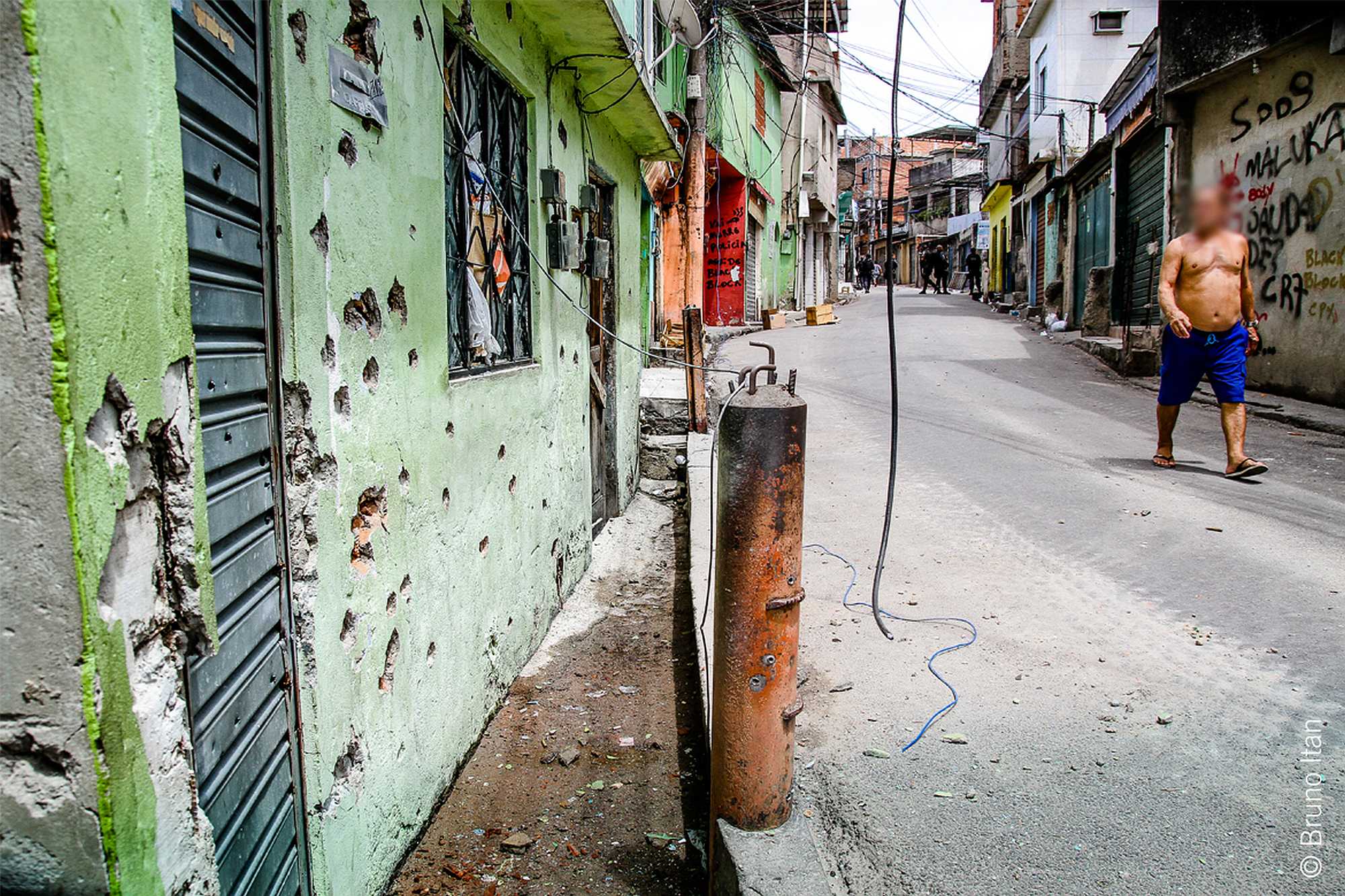I was 21 years old and a recent college graduate when I decided to move to Brazil to start my career. I was also gay, broke and living in a small town in the bible belt.
I partied on Saturday nights and prayed on Sunday morning. I had two identities. I lived in two worlds.
I made the choice to move to Brazil so that I could use my education to help those in need. Or maybe it was to live my life in my own way and be closer to my then boyfriend now husband.
Either way, when the job offer came, I accepted.
I moved to Rio de Janeiro in March of 2016.
2016 was a memorable year in Brazilian history. On March 13th, hundreds of thousands of people from all over Brazil went to the streets to protest against corruption and denounce the government of President Dilma Rousseff.
Two months later, on May 12th, The Brazilian Senate voted (55-22) to begin the impeachment process against Dilma and suspend her from office while the trial took place.
On the same day, Vice President of Brazil Michel Temer assumed presidential powers and duties as Acting President of Brazil. Also on that same day, Temer announced a new cabinet, exclusively made of white males.
The political unrest in Brazil was accompanied by my personal unrest of identifying a place for myself in the multiple worlds in which I lived.
Upon moving to Rio, I worked in one of the most dangerous collections of favelas in all of South America, Complexo do Alemão. Our community is located in Rio’s North Zone, which has the reputation of being the least desirable and most violent of all the zones. The Complexo do Alemão itself is home to over 100,000 people.
Though the residents were always kind, I never felt safe. I walked with fear as I left the metro, took the bus and the 5 block walk to my office. My office was an open-air, cinderblock, two story structure with no running water, or air conditioning.
When shots were fired, we hid under plastic tables, keeping our bodies as low to the cement floor as possible, just in case a bullet came flying through one of the open spaces between the floor and the ceiling, which we lovingly called windows but were not.
This violence that shocked me while working in the favela was an everyday reality for its residents.
Rio’s violence dilemma began in the late 1980s when gangs with their origin in prisons began to take control of the drug trade. They based themselves in the favelas, areas where the state had little presence and had traditionally shown little interest in the well-being of residents.
By the mid-1990s, there were whole swaths of the city that were fully under the control of autonomous armed groups – an extraordinary situation that came to seem normal.
Brazil tried to reduce violence, especially in its favelas, by the creation and dispatch of a special police force known as the Pacification Police Units, or UPP. Though initially considered successful, the project is now commonly considered a failure.
I was warned to avoid areas with high police presence. I was told that it would increase my chances of being hurt in the crossfire between the UPP and local gangs.
Amnesty International even created an app for favela residents to report gunfire in their neighborhoods, and it was overwhelmed with shootings logged on its first day.
This work reality was made easier because at the end of my day, I would, again, take the 5 block walk, one bus and 40 minute metro ride back to my apartment.
I lived in Rio’s South Zone, which is so beautiful and so charming that artists from all over the world have painted its streets and waves and have written songs about it. Even famous drag queen Alaska Thunderfuck sang about Rio in her song “Come to Brazil”.
One particular neighborhood in the south zone, Leblon, is known as the most expensive zip code in South America.
Leblon, the most expensive, Complexo do Alemão, one of the most dangerous. One only an hour from the other. Two worlds, an hour apart.
I lived in a penthouse apartment. There was a view of the famous Christ statue from my bedroom which also looked over a busy street in Botafogo, an upper class neighborhood in Rio’s affluent south zone.
My life in the south was filled with expensive restaurants, coconut water after runs along the beach, the launch of my friend’s recent jewelry store collection and parties in rooftop nightclubs and hotels.
My personal life in the south zone was very different from my work life in the favelas of the north. Different worlds entirely.
I felt guilt. Not enough to pack my bags and rent a room in the favela, but enough to feel like an imposter when I sat with impoverished widows in the north and discussed hunger and sat with architects in the south and talked about inequality and sustainability.
It was strange and obvious to realize that conversations about social issues only happen when you have the luxury to be far removed from them. The hungry don’t discuss the ecological benefit of veganism.
Though I met many hungry people, Gloria stood out to me. Gloria was 64 years old but looked 94. Gloria lived in front of a park that my team and I were cleaning up for the local residents to enjoy. The park had slowly become a dumping ground for trash over the years.
Gloria lived with her grandson and mopped her house, top-to-bottom everyday. She thanked us for our work in the park, offered to spray us with her water hose when we got hot. However, Gloria was more worried about when her and her grandson would run out of food.
I remember hurrying as I worked because I had a birthday party to go to one night after a day of park cleaning.
The party was in a mansion in Joá, an hour or so away from the park. The party had more staff than our office did. It overlooked the sea. The family had a helicopter that they used to avoid traffic to get to their weekend home.
I was living between two worlds. I was, again, living nowhere.
Maybe we all feel we are torn between living in two places at once.
Caleb Guedes-Reed is a writer and activist based in the United States. His work focuses on social issues, sexuality and spirituality. You can find a portfolio of his published work here: https://calebreed.contently.com/






